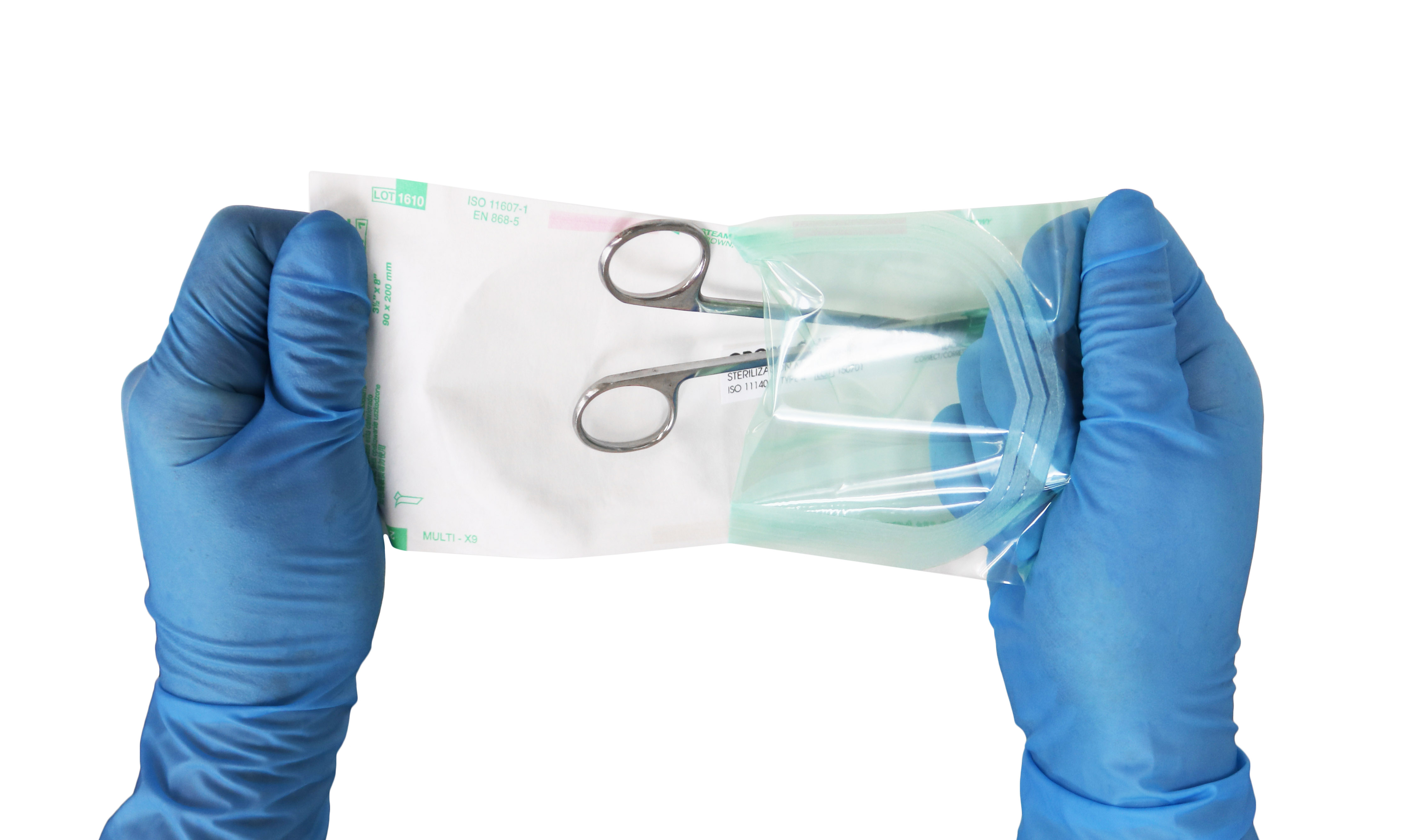ALL NEWS IS LOCAL – ISSUE NO. 60
July 1, 2010
I got back late last week from a great holiday trip to Europe. Celebrating my wife's birthday, we started our trip in the south of France and finished in Paris. Weather was great, and most importantly, my wife had a great time. One thing that struck us is how similar our societies have grown. Of course there are significant cultural differences, but so much is the same or at least similar: cell phones, hotels, cars, stores, computers, the Internet, I could go on. Technology has helped to foster a similarity in how people organize their lives.
For instance, everywhere people were using iPhones or similar devices, checking their email, texting or talking to friends. Just like here. Of course technology has also made information ubiquitous. A major event here, such as the leak in the Gulf, is also a major headline in Europe. The Internet in particular has had the effect of not just speeding the flow of information, but in some sense, harmonizing the headlines.
The last story from our Real Time Digest on Friday is a great example of this. In the U.K., a commonly used medical device is deemed inherently very difficult to reprocess. New instructions for reprocessing are promulgated to try to mitigate the problem and a recommendation to use disposable parts is made. This news is from the U.K. But that device is used here too. In a world where a decision in one country is news in another, users have to consider the implications of the underlying decision, even if the decision is not local.
HAVE A QUESTION?
WE ARE HERE TO HELP
Have a question about our products? Contact us today to speak directly to a Healthmark team member or shop our catalog now to request a inquiry


